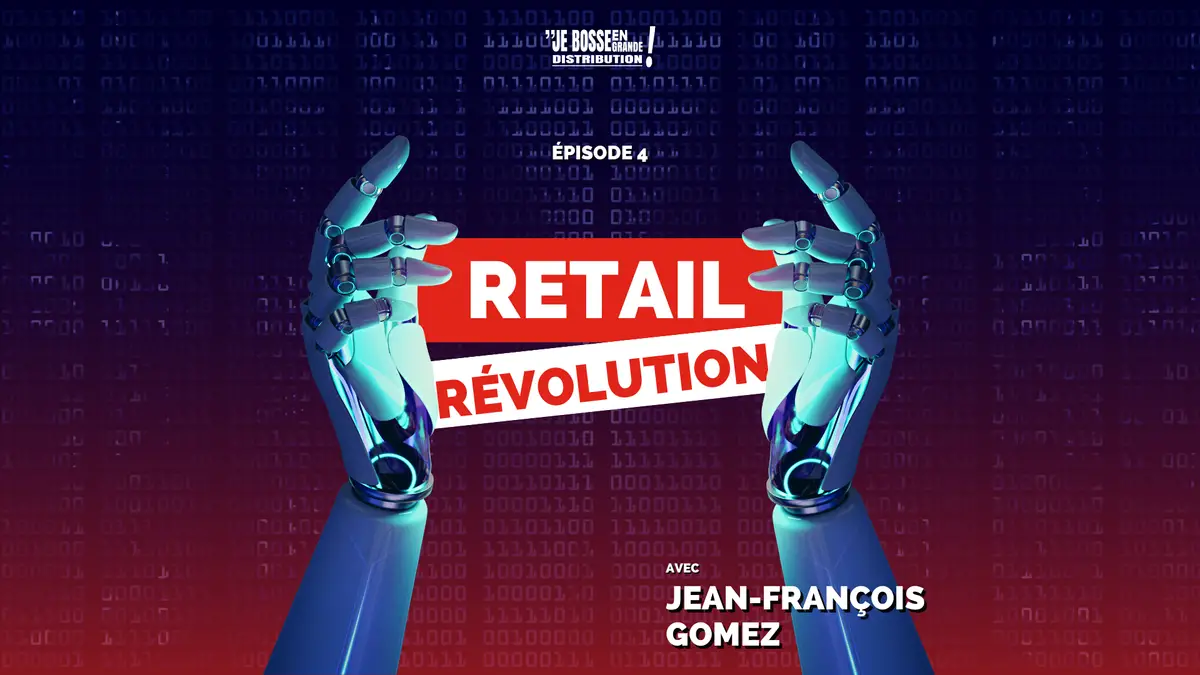👀
16 possible uses of artificial intelligence for mass distribution
Artificial intelligence can change the daily life of retail professionals in terms of logistics, communication, business management and customer relations.
AI is neither intelligent nor artificial
Absolutely. It’s one of those words that you have to watch out for because you’re used to using it. AND AI, is not artificial because it consumes a lot of energy. This is not intelligent because it only repeats and reinforces what she has learned. He can’t unlearn. Which means you should avoid putting your strategic plans into chatGPT to ask his opinion, because overall you learn company strategy through GPT chat. I’m saying it, I’m not saying anything, but there have been big warnings in the press. It also consumes a lot of energy. Today, one of the challenges of technology is to work on local intelligence. You may have heard about the whole Intelligence Edge thing and so on. This ensures that the algorithmic processing of your data is processed locally. A camera that monitors an aisle usually just sends back information that the aisle is empty, the consumer is on the ground, and so on.
We optimize. L’AI it is very powerful, we will work on it in the data centers, but then we will try to push it so that it consumes as little as possible. Then he just repeats what he was taught. In short, if your data model doesn’t match your culture and operational efficiency, it won’t be amplified, or it will be amplified poorly. If I had to sum it up, if you’re selling Breton crepes with an Alsatian accent, it’s not possible. This is what is at risk if you create your product sheets with AI that has been trained in another sector, etc. So if we have product sheets with AI that characterize our know-how, for example in terms of repairability or things like that, that creates value.
It then reinforces the value of this know-how that we put into our data model. On the other hand, if we just use a generic system, it will look like the others. Once again we are entering a world where we have an abundance of offers. We will go to the individual, we will go to the company, because we have identified its uniqueness, which corresponds to us in terms of utility, etc. Its uniqueness, the problem in this company

